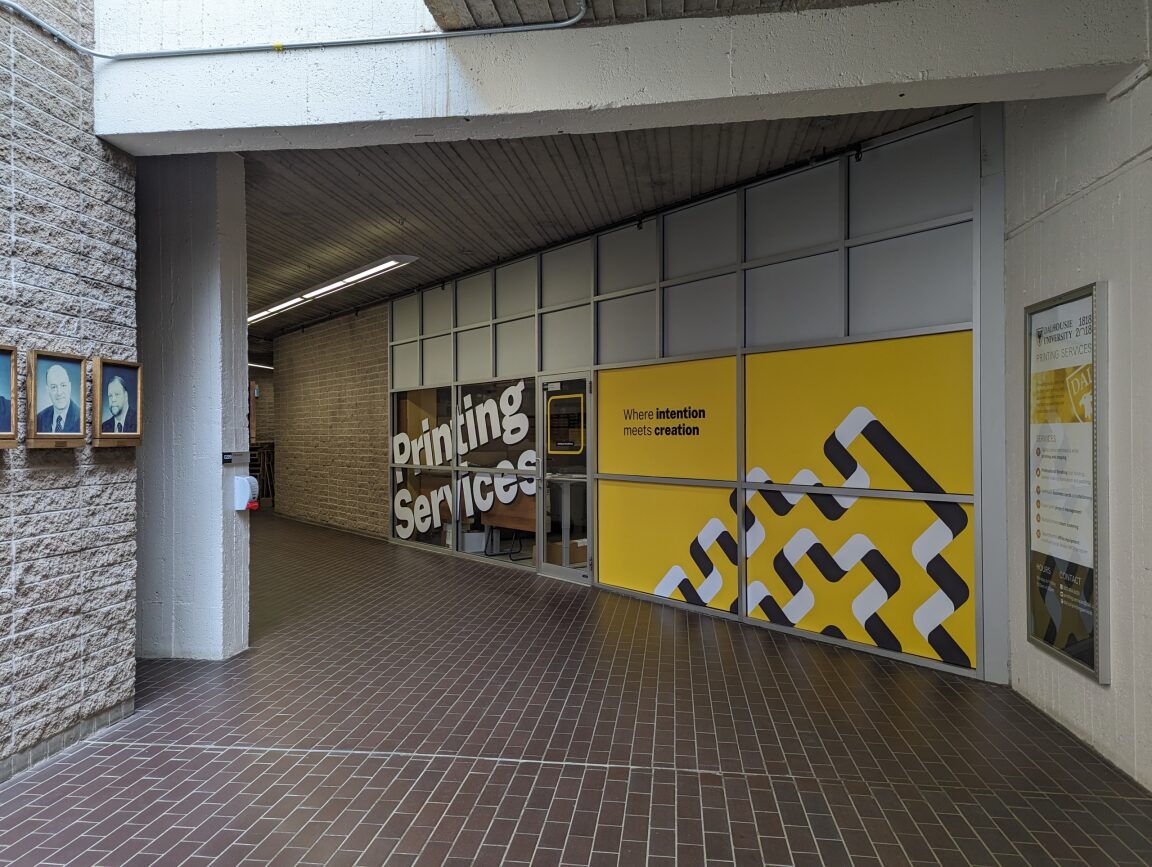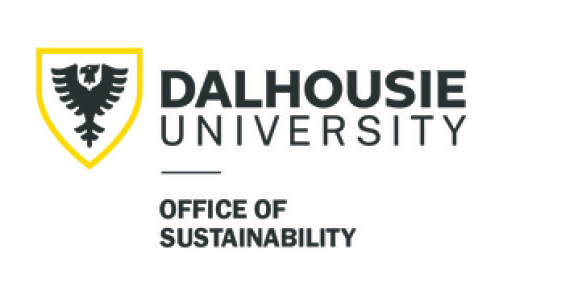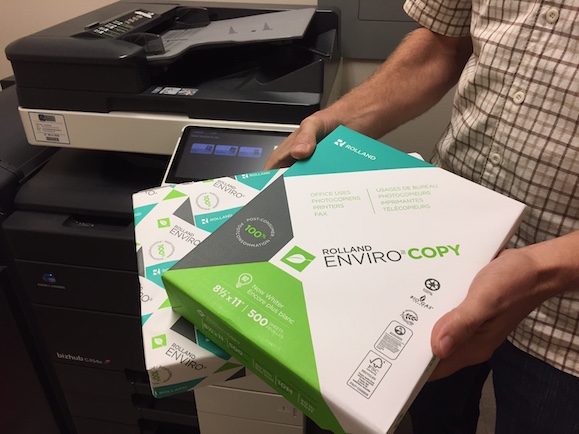Sustainability Policy and Paper Guidance
The paper we use makes a significant impact.╠řWe all have a responsibility to support the environmental health of our planet and the fiscal health of Dalhousie university.
Â┘▓╣▒˘│ˇ┤ă│▄▓§ż▒▒ÔÇÖs Sustainability Policy╠řprovides direction on paper procurement and use for the Dalhousie community. On all of Â┘▓╣▒˘│ˇ┤ă│▄▓§ż▒▒ÔÇÖs campuses, the base office paper is╠ř╠ř(Forestry Stewardship Council) or╠ř╠ř(Sustainable Forestry Initiative) certified and, in line with this, units should purchase 100% post-consumer paper through Printing Services.╠ř
1. Use Paper Efficiently:

1.1. Institute practices that increase paper efficiency, including, but not limited to substituting electronic methods instead of printing for: class assignments; class teaching resources such as course packs; research ethics submissions; employee hiring processes such as tenure and faculty appointments; evaluations; meetings and events - documents should be circulated electronically. If paper is required, double-sided copying and/or printing should be the standard. financial and other business transactions; and invitations, letters, and forms.
1.2. Reduce single-use office printers. Employees should be connected to multi-functional devices (MFD) that are defaulted to double-sided printing. Departments should contact the Print Centre for further information on how to get connected.
1.3. Where single-use machines are required, they shall be purchased from an approved list of suppliers who met sustainability standards including default double-siding capabilities. An approved list of characteristics or devices will be provided by the Print Centre.
1.4. All computers should be defaulted to print double-sided where this capability exists. Departments should contact ITS support staff to ensure this is in operation.
1.5. Reuse products such as file folders, storage boxes, and paper printed on one side where possible.
1.6. Rethink design processes to minimize printing and copying waste.
2 .╠řPurchasing and Printing Products
2.1. Purchase and source paper and paper products that contain the highest post-consumer recycled content feasible for each specific need. The base paper purchased by Dalhousie units is 100% post-consumer paper. This paper shall be purchased through the Dalhousie Print Centre.

2.2. Give preference to paper and paper products whose postconsumer recycled content, sustainable forest management, and sustainable paper production is verified by independent, third-party organizations.
2.3. Give preference to paper and paper products that are produced locally and contain other recovered materials (e.g. pre-consumer recycled content, agricultural residues, etc.) after maximizing post-consumer recycled content.
2.4. Use vegetable-based inks (e.g. soy, linseed, corn, etc.) and inks free of toxic metals whenever possible.
2.5. Coordinate all external and internal printing efforts through the Dalhousie Print Centre to ensure fiscal and environmental standards.

3. Procedures and Responsibilities

3.1. The University Print Centre (Financial Services) is responsible for implementing and promoting the MFD╠řstrategy, promoting the paper policy, ordering 100% post-consumer paper as the stock paper for the University, and being the conduit for all employee print jobs to ensure the best financial and sustainability outcomes.
3.2. ITS and Facilities Management will work with Financial Services to ensure double-side printing is default on all devices, energy management programs are functioning on all computers and printers, and MFD network drops are available in all offices.
3.3. Electronic services and support organized by units such as ITS will need to be provided to Departments and Faculties to make the change from paper-based systems to electronic.

3.4. The Office of Sustainability will gather progress data on how the University is meeting the Paper Policy for the public sustainability report to be issued every three years.
3.5. Each employee is to follow this guidance including avoiding paper use through electronic communication and default double-siding for meeting and events.
╠ř

